Two years ago I wrote here on the blog, as I try to “make friends” with the German language. But given that we live in an area where the Bernese dialect called Bärndütsch is spoken, I´m trying to penetrate into this vernacular. In today’s post, I bring you an overview of the basic difference from standard German, as I managed to decipher it yet. I hope that this language guide can help someone new coming here not to feel so “lost in translation” at the beginning of his/her stay, as we´d been. Come with me, dip into the secrets of beautiful Bärndütsch …
In the beginning, I would just like to point out that I am no linguist, but I enjoy learning new languages and recording interesting words in this cute hawk-lisping language 🙂 How could you notice on the Facebook page of this blog a little, I had managed to gather. Not that I was fluent in Bärndütsch, but I dare say that I’ve already picked up some words and I was able to understand them.
Articles
die Frau → d Frou
das Kind → ds Chind
Converting consonants
-
- s → sch (ist – isch, bist – bisch, du weisst – du weisch, Fest – Fescht)
-
- k → ch (Kind – Chind, Kirche – Chirche, Kerze – Cherze, Käse – Chäs, krank – chrank, Kalk – Chalch)
-
- l → u (gelb – gäub, mal – mau)
- ge → g (gesund – gsund, Geschichte – Gschicht, Gelassenheit – Glasseheit, Gesellschaft – Gsellschaft, Geschrei – Gschrei)
Converting vowels
-
- a → ä (waschen – wäsche)
-
- ä → ö (Wäsche – Wösch)
-
- e → ä (er – är, Bern – Bärn, Luzern – Luzärn, , gern – gärn, fern – färn)
- u/ü → ue/üe (gut – guet, Müsli – Müesli, Rübli – Rüebli, Frühling – Früehlig, Fuss – Fuess, Bub – Bueb, Blut – Bluet, Buch – Buech, Mut – Muet)
Converting dipthongs
-
- ei → i/ii (Preis – Priis, Zeit – Ziit, Freitag – Fritig, meine – mini)
-
- au → uu (Haus – Huus, Maus – Muus, auf – uuf)
- el → äu (Keller – Chäuer, Teller – Täuer, Welle – Wäue)
Endings
- ung → ig (Quittung – Quittig, Ahnung – Ahnig, Sitzung – Sitzig, Vereibarung – Vereinbarig)
- e → i (Kuche – Chuchi, Schmiede – Schmiedi)
- lein/-chen → li (Hölzlein – Hölzli, Tierchen – Tierli, Mädchen – Mädeli, Blümchen – Blüemli)
- eln → le (häkeln – häggle)
klein – chli, Keller – cheuer, stellen – steue, alle – aui, Zelt – Zäut, Feld – Fäud, Kuche – Chuchi, Kern – Chärn, Kindlein – Chindli, Weglein – Wägli, meine – mini, Kästchen – Chäschtli
But my favorite word is this: Chuchichäschtli. Can you, according to previous hints guess what the word means? 😉
So what do you think of my little language guide for beginners (from the beginner)? Is there something missing in it? Or do you have a tip for an interesting textbook of Bärndütsch? If so, let me know in the comments!
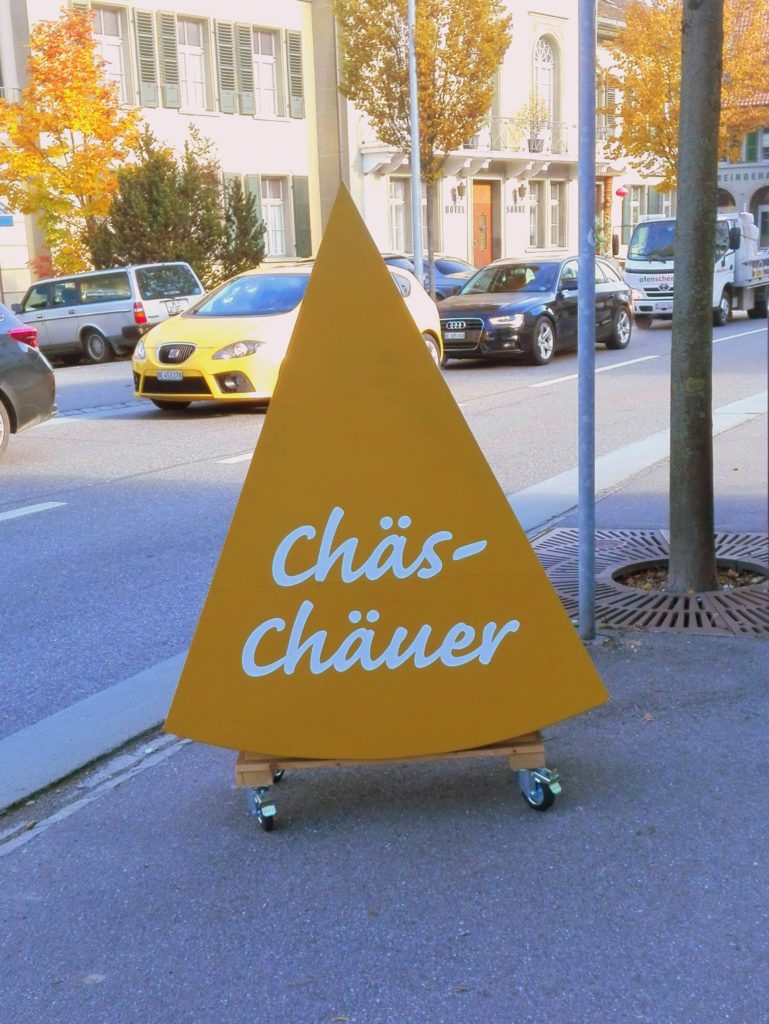
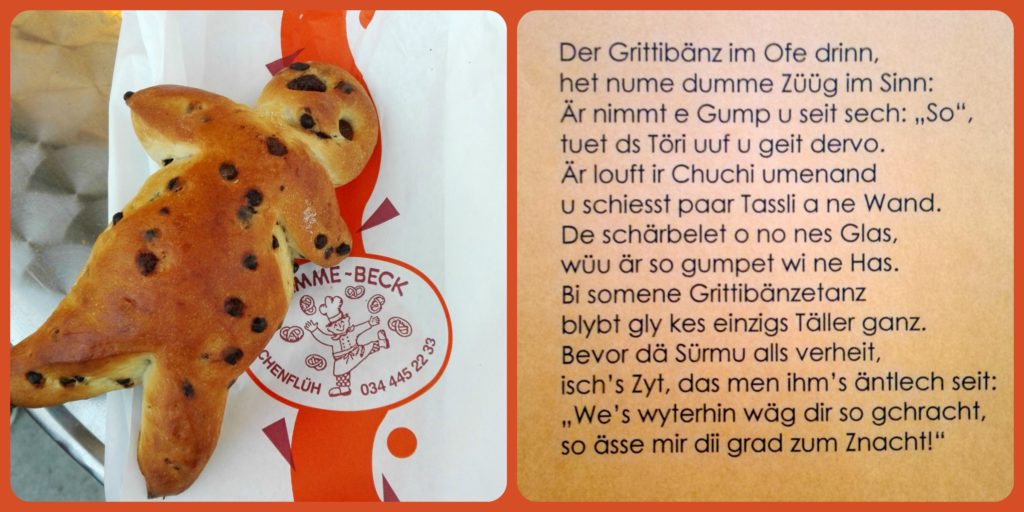




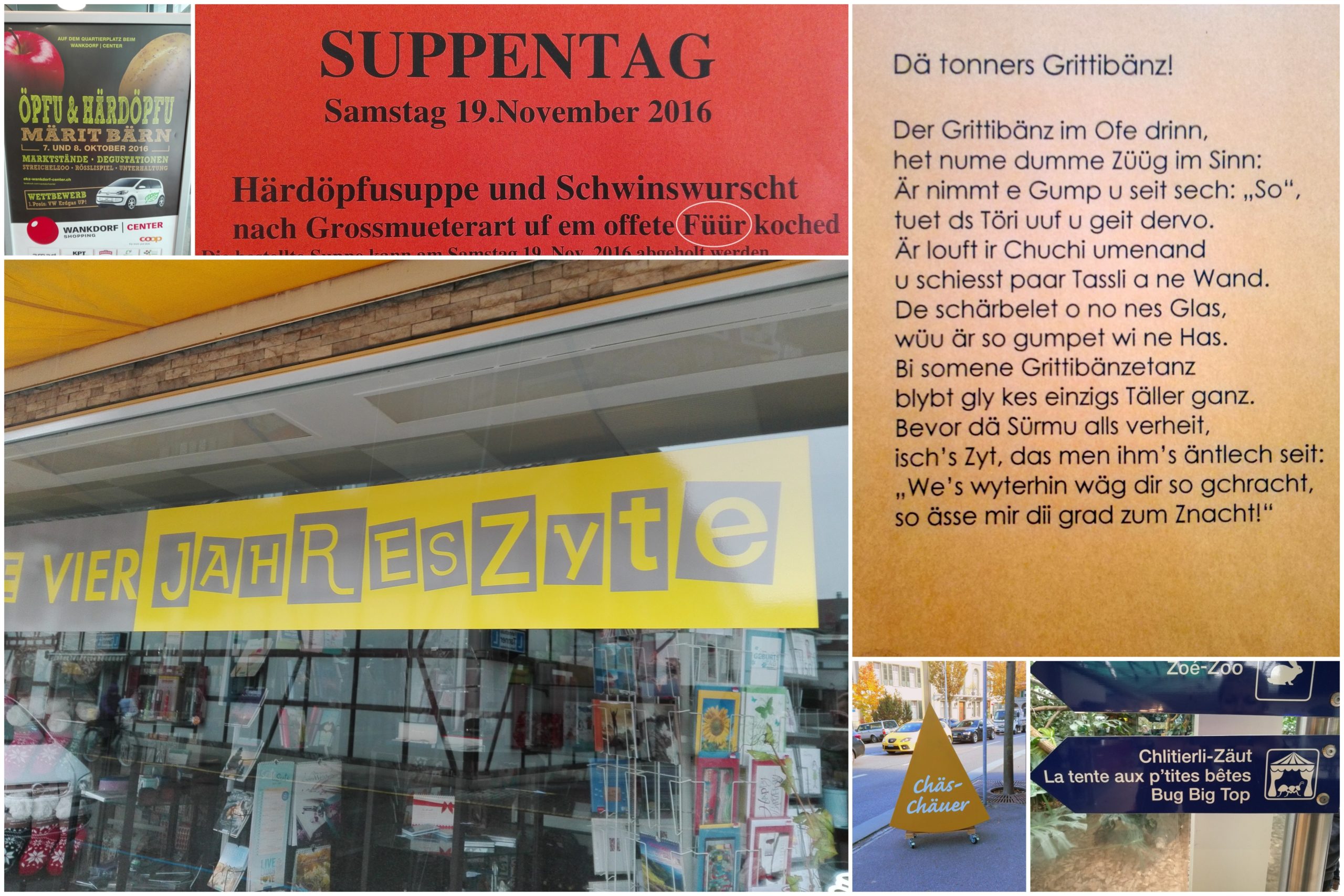



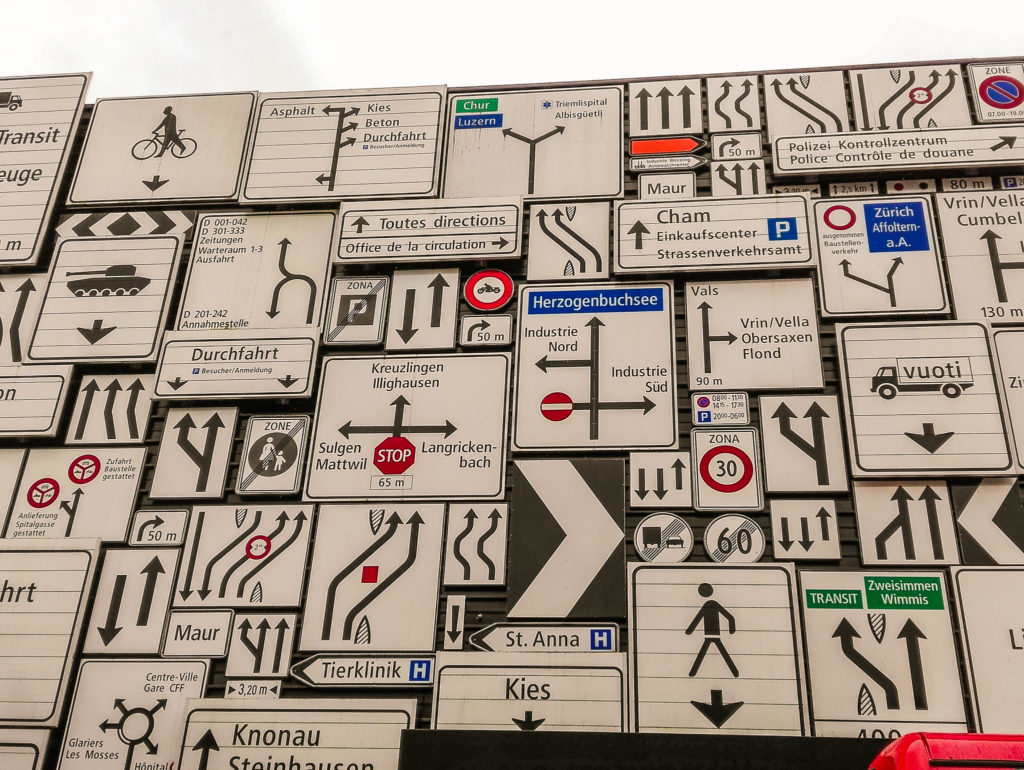
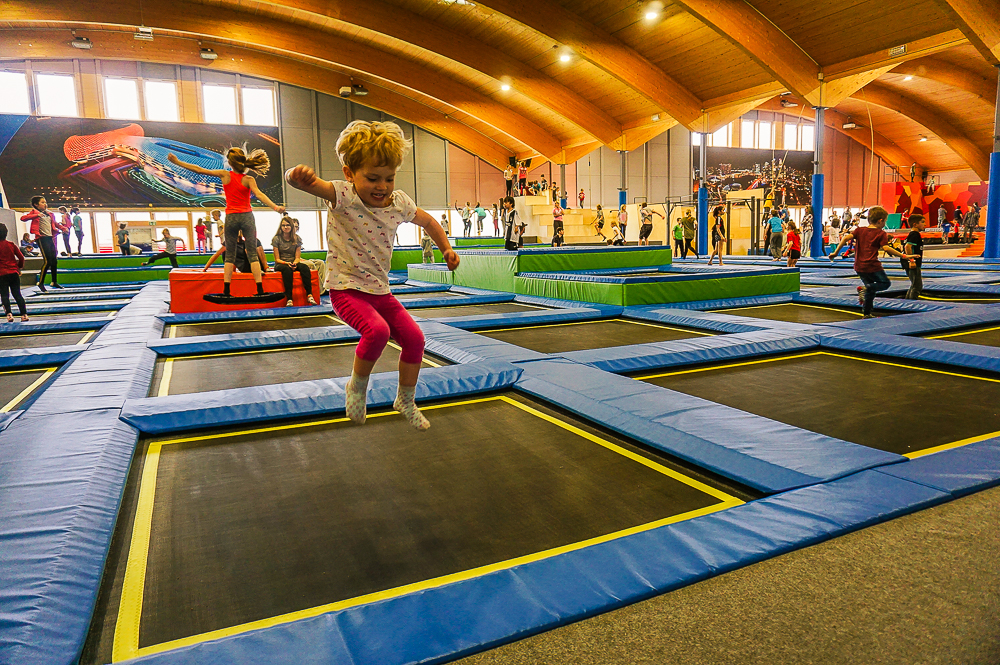


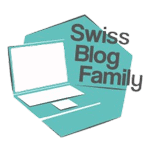
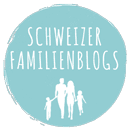

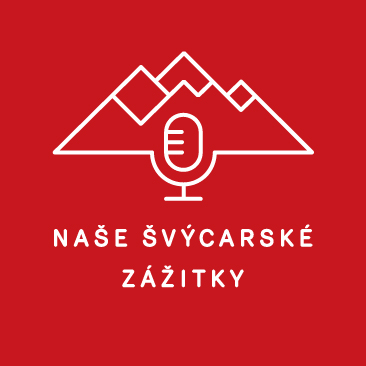
4 Comments. Leave new
So super Hanna !!!
I enjoy your bloc so very much cause i learn lots about how to live in Switzerland!!!
Thanks for sharing many things that all of us sometimes think it’s only our problem!!!
Thank you Itzi for your nice comment! Comments like this are great motivation for my further writing! 😉
[…] finally, the fancy thing for those who will ever be exposed to the Bernese dialect, bärndütsch. Just try to say aloud “äuä“. It has everything in it! “Really? Are you crazy? […]
[…] Bärndütsch – Language guide for beginners […]